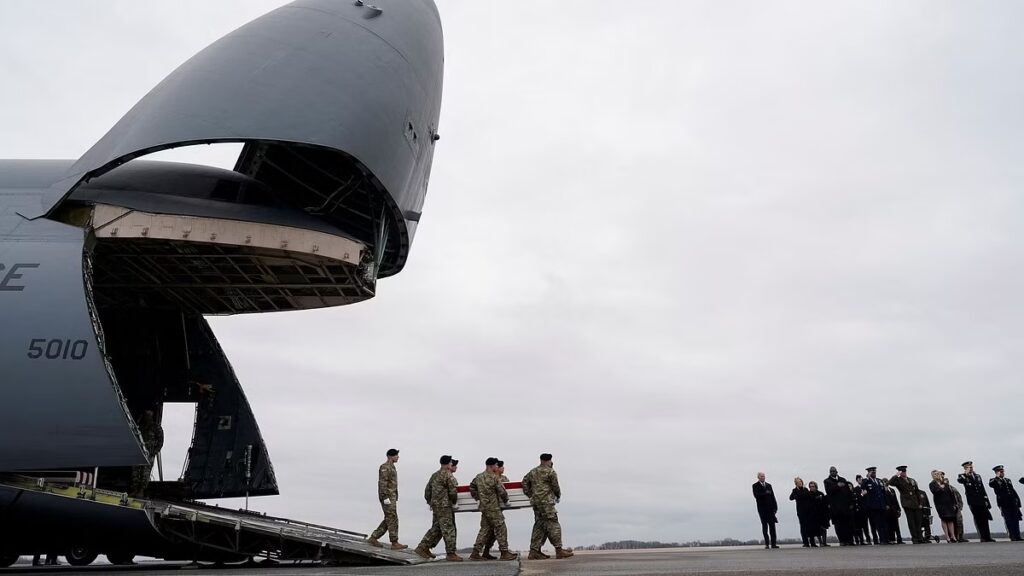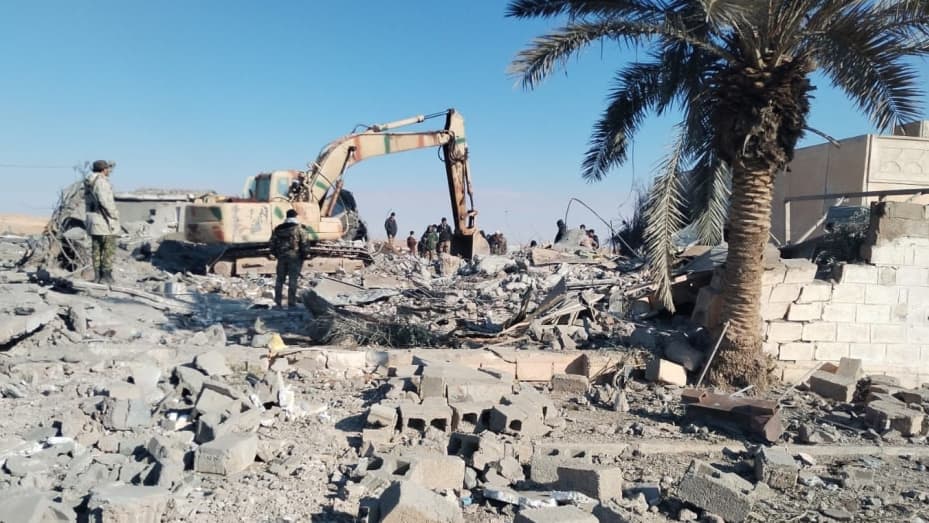The United States is planning additional strikes against Iran-backed groups in the Middle East, according to White House National Security Adviser Jake Sullivan. The U.S. and Britain launched attacks on 36 Houthi targets in Yemen following strikes on Tehran-backed groups in Iraq and Syria.
Sullivan emphasized the intent to send a clear message that the U.S. would respond to attacks on its forces. The conflict, ignited by the October 7 Hamas attack on Israel, has seen Tehran-aligned groups across the region involved.
Diplomatic efforts by the Biden administration continue, with Secretary of State Antony Blinken departing for the region. Hezbollah, Iraqi militias, and the Houthis have supported Palestinians, contributing to regional tensions. Despite backing these groups, Iran has avoided direct involvement.
Sullivan did not confirm potential strikes within Iran but asserted that Friday’s strikes were the start of the response. The Yemen strikes targeted Houthi facilities involved in the Red Sea attacks.
Houthi spokespeople warned of consequences but emphasized continued support for Gaza. Blinken’s trip aims to advance talks on hostages and promote a Saudi-Israel deal. U.S. retaliation for the killing of three soldiers in Jordan includes strikes on Iran-linked targets in Iraq and Syria.
Experts believe Iran will maintain a non-confrontational stance to avoid attacks on its cities. Iran condemned the Yemen attacks, calling them a violation of international law. Houthis claim solidarity with Palestinians, causing disruptions to global trade routes.

The conflict’s impact on shipping lanes raises concerns about global inflation and affects Egypt’s revenue from the Suez Canal. U.S. strikes in Iraq led to a funeral procession for 17 members of Iran-backed groups. A senior Iraqi politician called for the ousting of U.S. forces, initiating talks about ending the coalition’s presence.





